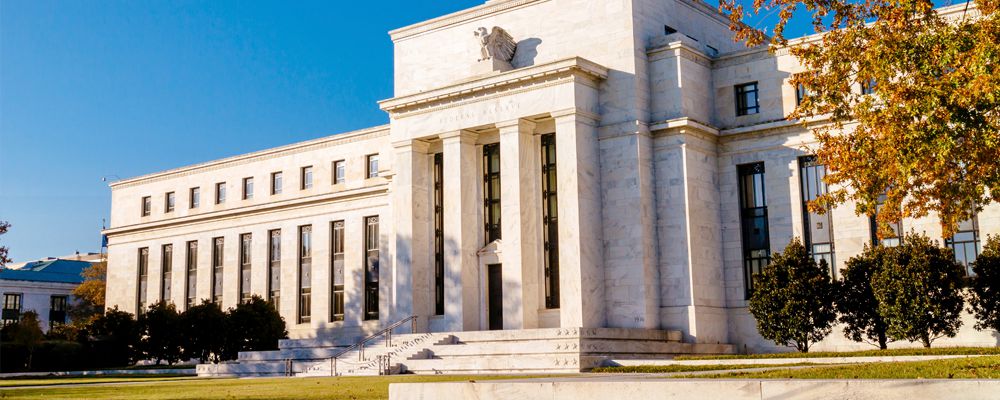10 year Treasury Bonds have risen above 3%.
- Wednesday, June 13, 2018

Yields on the benchmark US 10 year Treasury Bonds have risen above 3% for the first time in more than four years.
The US 10- year Treasury is the benchmark for world credit costs and rising yields will result in higher borrowing costs for companies. Some leading US manufacturers have recently cut their profit forecasts going against the trend of corporate earnings growth forecasts from analysts.
As the Federal Reserve has indicated a further three interest rate increases of 0.25% this year, the next likely increase will be in June. The Feds first rate rise of 2018 in February prompted the 10- year Treasury yields to increase from 2.4% to 3%. This suggests that bond investors have not fully accepted the Fed’s forward guidance, instead thinking that inflation and bond yields are both heading higher due to inflation- adjusted yields. As inflation has picked up due to oil prices not wages the Fed need not yet adjust its current expectations.
A yield of 3% is still low historically, but the use of QE has distorted asset prices including the suppression of bond yields. Analysts looking at the future movement of yields are predicting a rise to a mid-range figure of 4.29% by the end of the year. One driver for higher yields will be the Fed’s unwinding of QE which will place high volumes of bonds on the market. This balance sheet reduction exercise will be accelerated from the current US$20bn per month to US$50bn per month by the end of this year.
A forecast of a rise to 4.29% would be significant as this would imply that there could be a considerable upside to Treasury yields but an equally considerable downside to market prices in bonds and equities as bond yields start to look more attractive than potential equity returns. Given the combination of US interest rate hikes, US treasury yields rising, fiscal expansion and quantitative tightening we should expect the US$ to strengthen. Any surge in US$ values will have a big impact on the cost of the world dollar denominated debt. This will particularly hurt weak emerging market economies such as Turkey and Argentina.

Chris Davies
Chartered Financial AdviserChris is a Chartered Independent Financial Adviser and leads the investment team.
About Estate Capital
Financial Services
Our Contacts
7 Uplands Crescent,
Swansea, South Wales,
SA2 0PA.
Tel: 01792 477763
